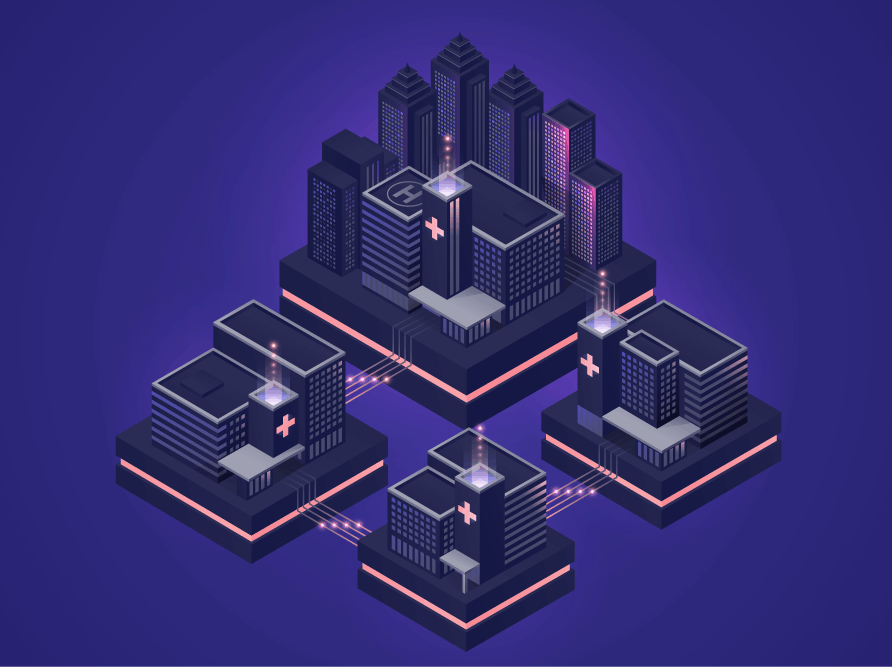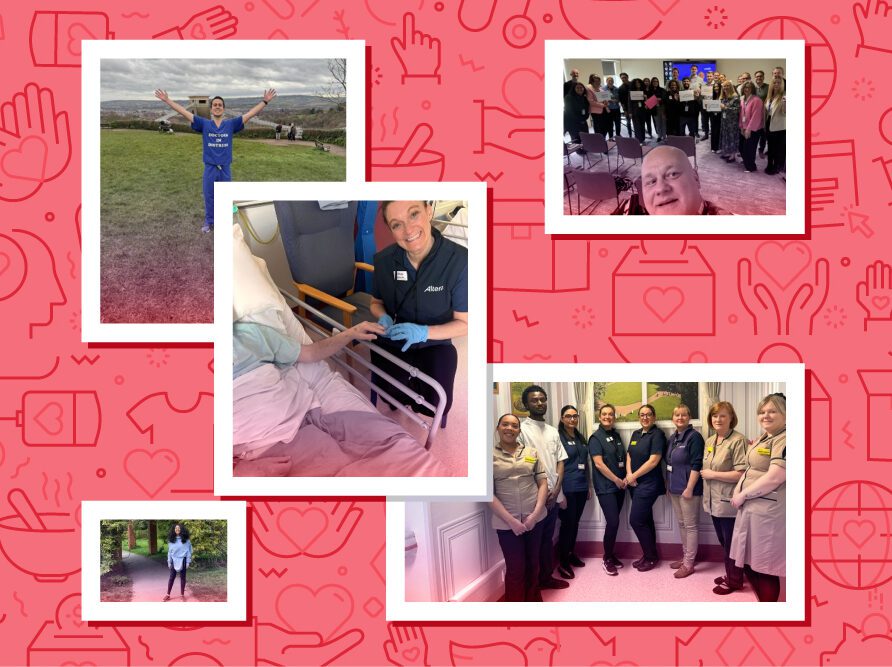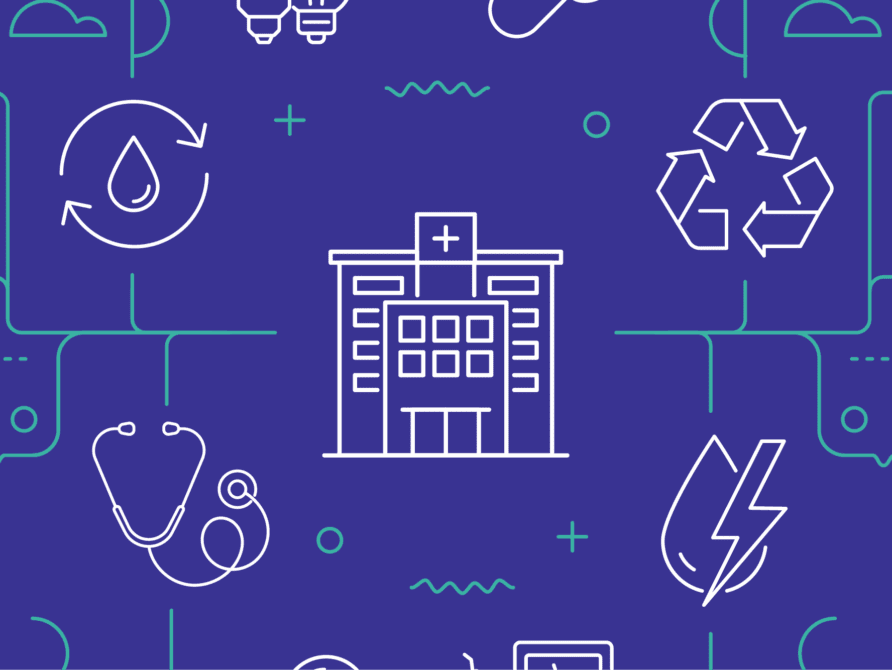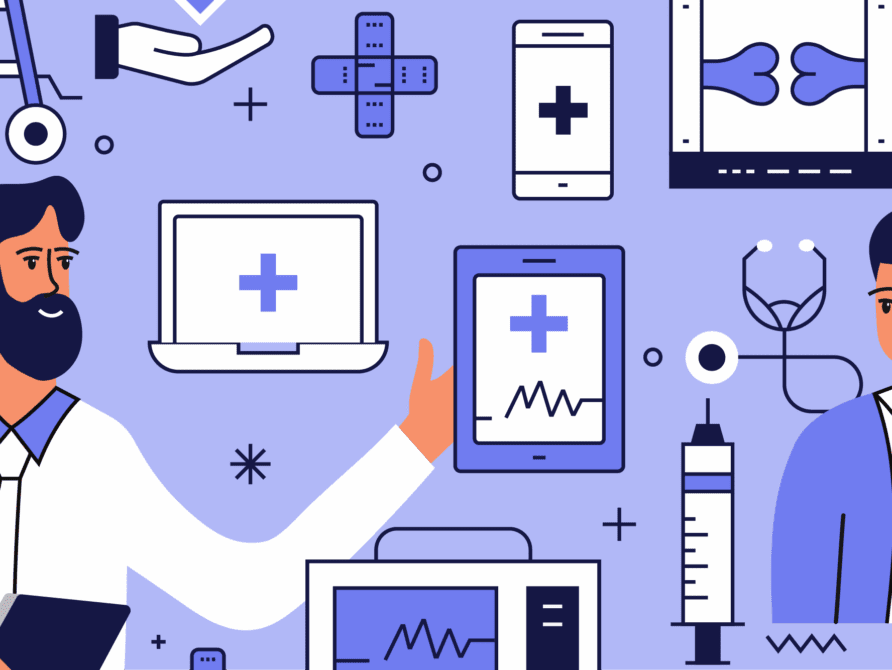Article
The key to a responsive healthcare offering: Flexible technology
* This content was originally published prior to N. Harris Computer Corporation’s 2022 acquisition of the Allscripts Hospital and Large Physician Practice business segment. Our business is now known as Altera Digital Health.
Healthcare technology is a vast and rapidly growing sector that enables organisations in the industry to improve virtually all aspects of the healthcare system. There are significant possibilities for continued innovation and optimisation enabled by a wealth of technological capabilities.
One of the most essential functions of healthcare technology is the IT infrastructure that digitises and streamlines processes across healthcare organisations. A strong healthcare tech infrastructure empowers workers to achieve smarter and more effective care. It also illustrates the importance of having not just the right people, but the right tools in place to achieve better patient outcomes.
Flexible technology is vital
When it comes to the healthcare industry however, it isn’t enough to streamline standard processes, as patient needs can change in a heartbeat. Clinicians should be prepared for anything, all the time. Expecting the unexpected can make a world of difference, but in reality, organisations are only as adaptable as their IT infrastructure allows.
Technology built with flexibility in mind is therefore vital. Healthcare IT infrastructure like Allscripts Sunrise™ Open Platform enables health systems to seamlessly integrate capabilities into its ecosystem, helping organisations to adapt and evolve processes to reflect changing circumstances.
Continuous optimisation of patient care processes
There is no better example of this need for flexibility right now than the ongoing COVID-19 pandemic, which is currently setting the agenda for the industry and redefining what is normal in patient care. Healthcare organisations have a lot on their plate combating the pandemic, and as the unprecedented situation develops it calls for continuous optimisation of patient care processes.
SingHealth, the largest public healthcare cluster in Singapore, uses Allscripts Sunrise™ EMR system in its network of acute and community hospitals, specialist centres and polyclinics. The platform acts as an information hub and has made it possible to review clinician notes and patient care treatment plans simultaneously across its institutions.
In the complex IT environments of large healthcare systems, the resources organisations spend integrating disparate systems can stifle innovation and impact organisational responsiveness when it really matters. During the COVID-19 pandemic, SingHealth has been able to nimbly manage its response by activating and building out capabilities needed, with minimal concerns over compatibility with its IT infrastructure.
For example, it launched questionnaires that were accessible on mobile devices for people coming to its institutions seeking treatment. The responses from the questionnaire about travel history and symptoms could be uploaded directly into SingHealth’s electronic medical records for the medical teams to easily refer to. This helps patients to save time and minimises face-to-face contact between healthcare professionals and patients when collecting such information.
Integrating new capabilities into its healthcare ecosystem
Outside the pandemic, SingHealth has expanded on its data-driven approach to healthcare processes and integrated new capabilities into its healthcare ecosystem over the years. In 2019, SingHealth custom-built an app where patients can view their daily care schedules, including meals, medications and tests via a bedside tablet. They can also access other important medical information such as their diagnosis, vital signs, medical test results, medications and dosages. This app – integrated with Allscripts Sunrise™ – enables patients to be kept informed about their care plans.
The significance of having adaptable digital infrastructure
During these times we see most countries around the world, including Singapore, advancing medical capabilities to accept an increase in patient volumes. It is important to understand the benefits of flexible technology which can adapt to new functionality to help doctors manage patients and take steps to put this in place if a second wave of COVID-19 emerges.
The significance of having digital infrastructure that adapts to the needs of healthcare organisations and flexes to meet unexpected requirements cannot be understated, and there has never been a more relevant time to consider the possibilities. One of the advantages of a fully adaptable healthcare IT solution such as Allscripts Sunrise™, is that it can scale up and down according to patient needs. In a situation like a global pandemic where healthcare organisations are dealing with a sudden influx in numbers, flexible IT infrastructure can be an invaluable support to healthcare workers managing patient care.
Every time a new health threat surfaces, the healthcare industry learns from it and is better prepared for the next one. While it is impossible to plan for every eventuality, we can embrace this element of uncertainty and plan for the unexpected by building flexibility into our healthcare response.
Agile, responsive IT infrastructure is critical. It allows healthcare organisations to rapidly build new capabilities into their healthcare ecosystem and restructure their workflows as and when they need it. Through this approach, they can build a foundation to effectively drive improved patient care, whether during an imminent health threat or when planning for the future.













